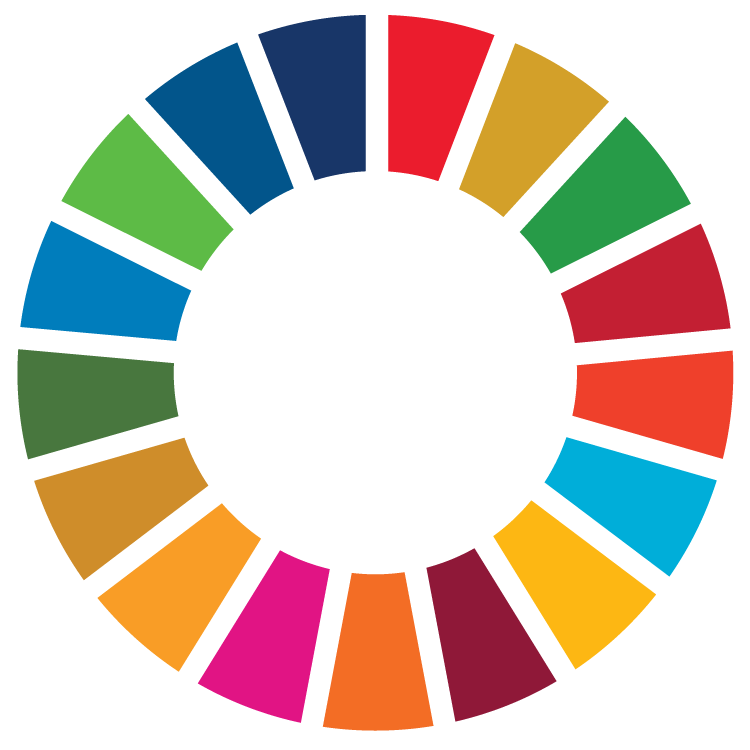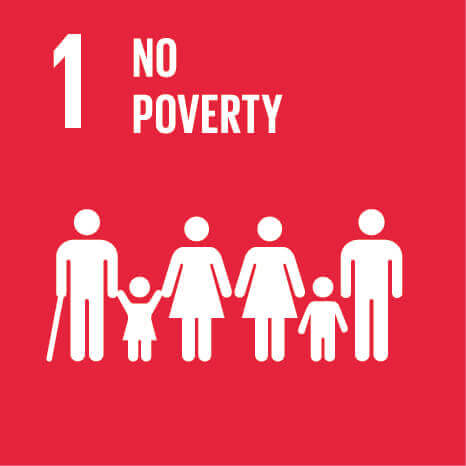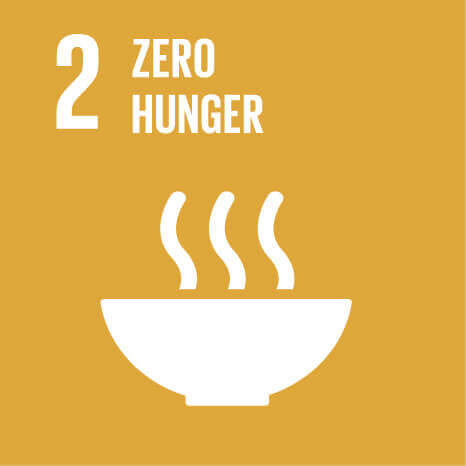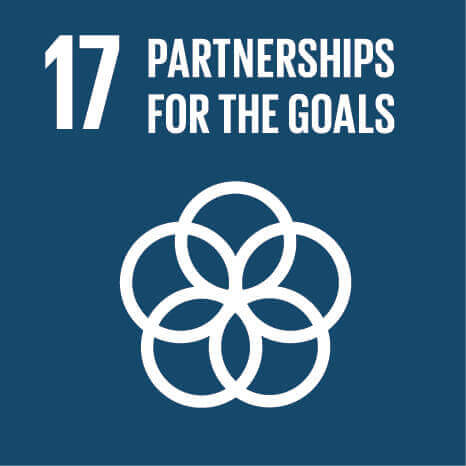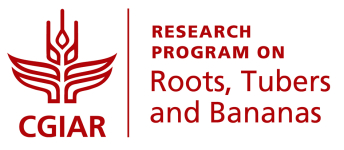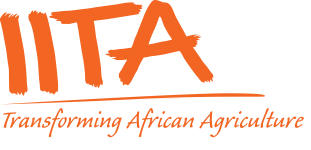Government of Rwanda adopts standards for quality declared seed (QDS) of cassava, making formal seed available for Rwandan farmers
Published on: March 28, 2021, Submitted by Enrico Bonaiuti on: March 28, 2021, Reporting year: 2020
The International Institute of Tropical Agriculture (IITA) collaborated with the Rwanda Standards Board (RSB), which approved standards for all seed categories, from pre-basic to quality declared seed (QDS). This will make it easier for farmers to obtain cassava seed that is certified to be free of pests and diseases, especially cassava brown streak disease (QBSD). This clean seed will help to manage diseases, increase farmers’ yields and improve the market for Rwandan cassava.
Policy Window Theory of Change adapted to describe how seed standards were developed and are now being used in Tanzania
Certified seed is guaranteed to be healthy and of high quality. However, seed certification standards are often written for the true seed of cereals and legumes, not for the bulky, perishable planting material of vegetatively propagated crops (VPC) like cassava. Overly strict seed certification regulations drive up the cost of formal seed so that few smallholder farmers can afford it. Seed-borne pests like the cassava brown streak disease (CBSD) can be unwittingly spread by the informal seed system.
Quality declared seed (QDS) is a seed category that is guaranteed to be disease-free. QDS is produced from certified seed by trained and registered farmers. Allowing QDS in the formal seed system provides cassava growers with disease-free, affordable seed. In 2018 the Rwanda Standards Board (RSB) approved regulations for cassava QDS and other seed categories, from pre-basic to certified. RSB created these appropriate seed regulations with support and capacity building from the International Institute of Tropical Agriculture (IITA) and the CGIAR Roots, Tubers and Bananas Research Program (RTB) through the CBSD Control project, funded by the International Fund for Agricultural Development (IFAD), as described in a recent, external evaluation (1).
Appropriate seed standards for cassava will help to manage crop diseases, and increase yields. As farmers harvest more cassava and earn more money, they will also be able to afford to buy better seed, leading to a market-based, formal seed system.
From 2012 to 2015, a severe outbreak of cassava brown streak disease (CBSD) devastated cassava production in Rwanda. The Rwanda Agricultural Board (RAB) was forced to import millions of disease-free stems from Uganda to replant cassava, the fourth-biggest crop in Rwanda.
In 2017, the International Fund for Agricultural Development (IFAD) funded the CBSD Control project, led by the International Institute of Tropical Agriculture (IITA). Within a year, the project prioritized, supported, and received approval for new cassava seed standards that allowed for quality declared seed (QDS). The rapid approval of these appropriate standards reflects the strong working relationship established between IITA, RAB, and the Rwanda Standards Board (RSB) which is responsible for certification standards. Previous work by IITA in Tanzania (where new seed standards for cassava were approved in 2017) provided a positive example of how such seed certification standards could be designed and implemented.
To implement the new seed standards in Rwanda, signed into law in 2018, the CBSD Control project has built the capacity of all eight of the country’s seed inspectors and 15 of the 24 registered seed producers. Since 2019, a Dutch-funded IITA project, Cassava Agribusiness Seed System (CASS), has been working on new agribusiness models to deliver the new seeds to farmers. CASS is developing and testing models for the government-led, private sector, and cooperative seed enterprises.
An external evaluation concludes that the greatest contribution to the successful development of new cassava seed standards may have been the global coalition of researchers and stakeholders working on seed systems, built and sustained by IITA and the CGIAR Research Program on Roots, Tubers and Bananas (RTB) that helped Rwanda to develop and publish cassava seed standards in less than a year (1). Appropriate seed standards, written specifically for a vegetatively propagated crop (VPC) like cassava will help to make certified planting material affordable while providing farmers with disease-free seed. Clean, healthy seed is effective for managing major diseases like CBSD, improving farmers’ harvests, feeding the growing cities of Rwanda, and improving farmers’ livelihoods.
Stage of Maturity and Sphere of influence
-
Stage of Maturity: Stage 2
-
Contributions in sphere of influence:
1.4.2 - Closed yield gaps through improved agronomic and animal husbandry practices
C.1.3 - Conducive agricultural policy environment
